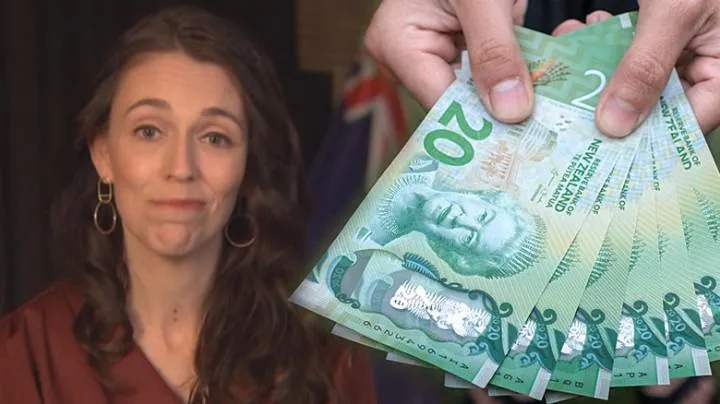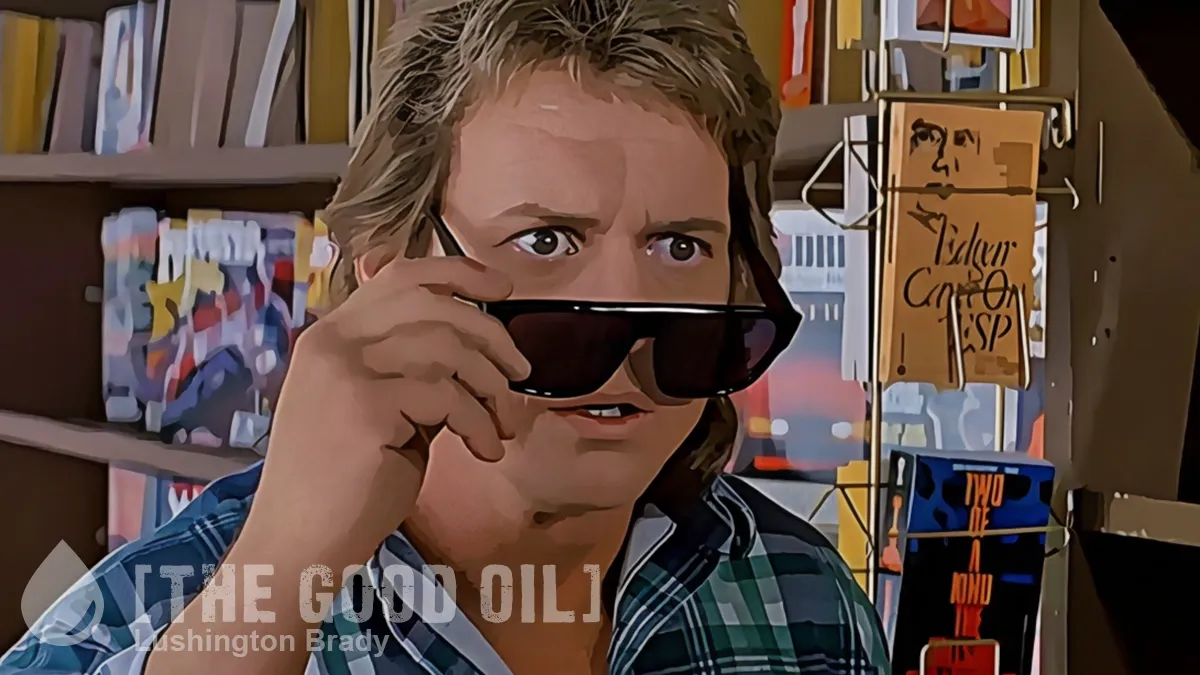Table of Contents
Melissa Lee
National Spokesperson for –
Broadcasting & Media| Digital Economy and Communications | Ethnic Communities
I’m deeply concerned about the future of public interest journalism.
The first tranche of Public Interest Journalism Funding has been announced and it’s clear to me that the fund won’t be supporting all ‘public interests’. Rather, it will seek to change public opinion and stifle debate towards certain political interests in advancement of the Government’s ongoing agenda.
Millions of taxpayers’ dollars are being channelled through NZ on Air and other platforms to generate content, supposedly without any Ministerial interference. Yet it is clear from looking at the latest funding decisions that we are seeing only certain voices being heard. I note in the Minister’s Letter of Expectations released in March that he expected NZ on Air to ensure our public media was ‘fit for purpose’. It certainly seems to fit the purpose of promoting of the Government’s policies without question.
As a former journalist, I’m deeply worried there is a wider plan by the Government to control the narrative directly through the growing bias in media reporting.
Nearly $600,000 is being given to Stuff to tell The Whole Truth about ‘public health’, even though this privately-owned media company also received funding from Google for the project. We’ve seen already how politicised Stuff has become, so we should expect it will protect its self-interested media funding without giving all voices their due. At a time when we must debate issues of national importance – such as the failing vaccination rollout programme – it’s disturbing that our media seeks to stifle that debate.
Wider NZ on Air funding is also committing $1 million to Guy Williams for satirical journalism and more than $300,000 for another season of comedian Alice Snedden’s incredibly biased Bad News series. There’s a clear pattern when it comes to who gets funding and who doesn’t and when critical scrutiny of the funding decisions is made, righteous indignation seems to flare its head once more.
If given the precedent is clearly set, all voices should receive funding for their own biased takes on political issues of the day. But, unless you toe the Government’s line, don’t hold your breath.
Most simply won’t apply, given it’s not worth the hassle of putting time and effort in just to be rejected.
It is clear that funding models are broken for public media in New Zealand if only certain individuals and groups can receive funding for public interest journalism. It’s not about bias alone; it is also about quality and range. All voices are not being heard and many are unable to seek funding for lack of a platform due to the mechanisms and policies now required to seek funding. If a media platform refuses to support your content before the content is made you can’t seek funding. This means major platforms now categorically reject particular positions on policy or politics. That’s a travesty. Media outlets should not be able to take taxpayers’ money if all taxpayers can’t have their voices heard through those platforms.
So what can we do about it right now?
I am committed to a wide-ranging review of the media sector, though it’s clear that by 2023 we will be facing a new environment. We may be looking at a new public media agency, a separate new Maori multimedia entity, several more private sector mergers, and the state funding a plurality of journalism and content creation in New Zealand. Crucially, we may have an environment where people are afraid to speak out due to new proposed Hate Speech laws criminalising their religion, faith, ideas and traditions. In an age where an accusation is as good as a conviction in the court of public opinion – a kangaroo court increasingly funded by the state – this is a chilling problem.
National is demanding debate on many issues from He Puapua to Gang Funding, but the media don’t want to debate their own slice of the pie or their own potential bias.
Let’s make sure they do.
Please share so others can discover The BFD.









